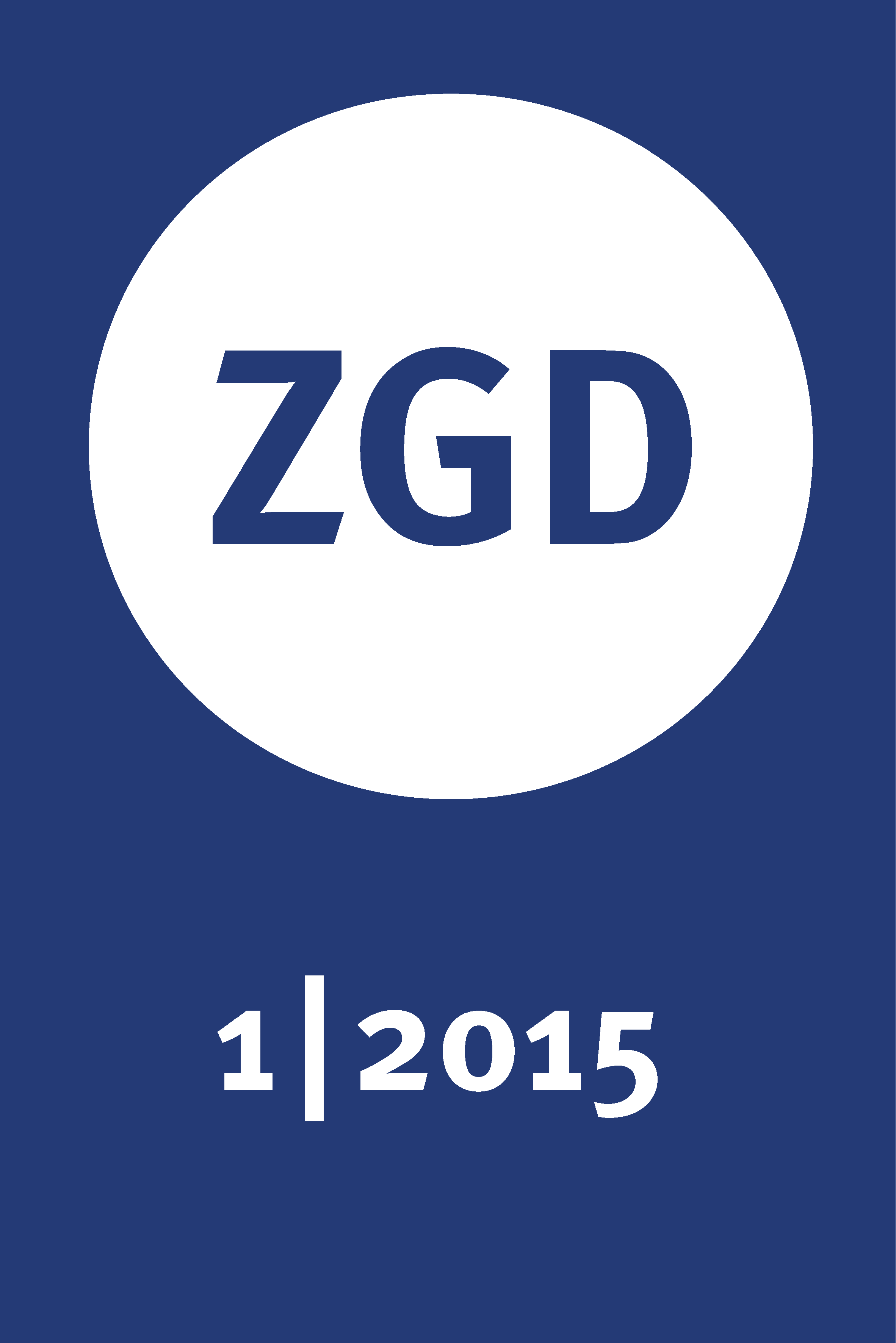Einstellungen von Schülerinnen und Schülern zu Raumkonzepten der Geographie
Ergebnisse einer empirischen Studie zur Erfassung der Lernerperspektive
DOI:
https://doi.org/10.18452/23973Keywords:
Students' attitudes, concepts of space, empirical study, mixed-methodsAbstract
Concepts of space have been a subject of discourses in geography education for several years. Contemporaneously, they have been anchored in German Educational Standards and several curricula, and corresponding teaching materials were developed. However, there is lack of empirical findings on how frequently the concepts of space are used in geography classroom and there is no evidence of the students' attitudes, though the attitudes can be seen as a crucial factor for successful learning processes. Accordingly, a research project with a mixed-methods design was conducted. As a central part the attitudes of 684 grade 9 and grade 12 (basic/advanced course) students towards the concepts of space were examined. After an extensive pretesting an item-based, standardized questionnaire with 74 items and 9 independent variables was used. For data evaluation, methods of descriptive statistics, analyses of variance and multiple linear regression analyses were used. Results show that the frequency of using concepts of space in geography classroom is quite low. The students' attitudes towards them are positive in general, yet classic concepts of space (container space, relational space) are rated better than the newer ones (perception space, con structed space). General interest in the subject geography, general interest in the concepts of space and self-active extracurricular working on geographical issues emerged as relevant predictors. Regarding first consequences, an increased implementation of working with spatial concepts should be ensured by corresponding support measures for teachers. Regarding teaching practices, dealing explicitly with the concepts of space, including a meta-theoretical perspective, appears reasonable.
Downloads
Published
How to Cite
Issue
Section
License
Copyright (c) 2022 Journal of Geography Education

This work is licensed under a Creative Commons Attribution-NonCommercial-NoDerivatives 4.0 International License.







